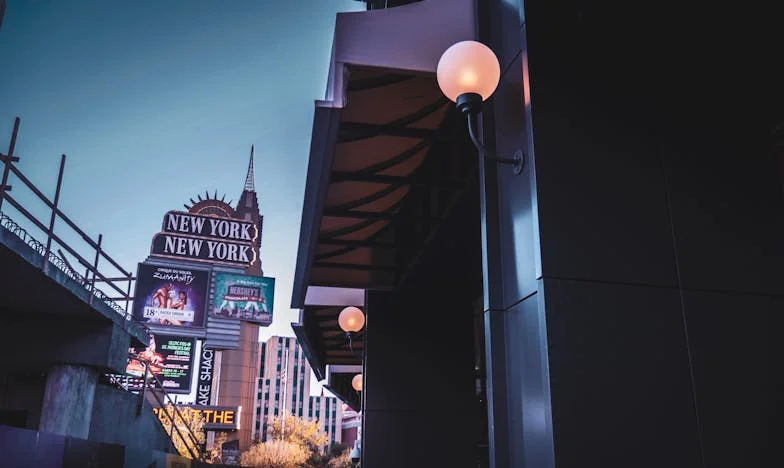Six Years of Breakfasts for a Stranger: What He Did on My Wedding Day Changed Everything
“You don’t even know if he’s still alive, Katie,” my mom hissed in the half-dark kitchen, her voice sharp over the whir of the mixer. My hands were deep in dough, knuckles aching from the early hour. It was 4:30 a.m.—just like every day for the last six years. I pulled off a chunk, rolled it into a neat ball, and ignored her.
She tried again, softer this time. “You’re not responsible for every lost soul in Easton.”
But she was wrong. I was. Or at least, I felt I was. Ever since Dad left, the only way I knew how to fill the empty space was with bread—kneading, shaping, baking, and, most of all, giving. That’s why I’d been leaving a bagged breakfast at the end of the alley behind Miller’s Bakery every morning, just before the first light broke over the strip malls and new condos swallowing our old neighborhood.
I never saw him—only the faintest impression of a man in a worn army jacket, sometimes a quiet “thank you” scrawled on a napkin in shaky, blocky letters. Six years: a silent ritual. The world spun on, but some things stayed the same. My cinnamon rolls. The stranger’s breakfast. The ache of something missing.
Today, though, was different. Today was my wedding day. By noon, I’d be Katie Miller-Johnson, standing in a white dress in front of everyone who mattered—except Dad, of course. I should have been sleeping in, letting my mom fuss over my hair or my sister paint my nails. Instead, I was here, flour on my cheeks, making sure the stranger wouldn’t go hungry.
“Let her be, Carol,” my grandmother said, voice gruff but eyes soft. “There’s worse things than kindness.”
That was all the permission I needed. I packed the usual—one still-warm croissant, a hard-boiled egg, and a cup of coffee in a battered thermos—and slipped out the back door. The sun was just a suggestion on the horizon, the air sharp and clean. I placed the bag on the crate by the dumpster, heart thumping with the same nervous hope I felt every day: Maybe today I’d see him. Maybe today he’d say more than thank you.
But as always, there was only silence. I returned inside, the bakery already filling with the yeasty promise of morning, and tried to shake the feeling that the day was teetering on the edge of something big.
The hours bled together in a blur of icing and laughter. My friends arrived, chattering and fussing over flowers. My sister, Megan, kept checking her phone for a text from Dad that would never come. Mom tried to act happy, but I caught her crying in the pantry, dabbing at her eyes with a dish towel.
By the time I stepped into my dress, the bakery was empty. Megan zipped me up, her hands trembling. “You sure about this?” she whispered. “You’re still allowed to miss him, you know. Both of them.”
I squeezed her hand. “I know. But I’m allowed to be happy, too. Right?”
She nodded, then pulled me into a hug. “You deserve it.”
The ceremony was set in the park behind the bakery, under the old oaks where Dad used to push us on the swings. My fiancé, Ben, stood at the altar, grinning, eyes shining with love and nerves. The guests turned as I walked down the aisle, every face familiar—except one. In the back row, wearing a threadbare suit over that same army jacket, sat the stranger.
I nearly stumbled. For a split second, our eyes met. He nodded, just once. A world of gratitude—and something else—passed between us.
The vows blurred together in my head. I kept glancing back, half convinced I’d imagined him. But when the ceremony ended, and everyone surged forward with hugs and laughter and the clink of champagne glasses, he was still there. Before I could think, I left Ben’s side and hurried over.
He stood as I approached. Up close, I saw how worn he was: deep lines etched in his face, eyes that shimmered with tears. He pressed something into my hand—a folded napkin. “Thank you,” he whispered, voice rough as gravel. “You saved my life.”
I blinked, at a loss. “I just—”
He shook his head. “No. You didn’t just feed me. You reminded me people care. After I lost my daughter, I didn’t think I could go on. But your kindness—every single day—kept me here. Alive.”
My throat tightened. “What was her name?”
He smiled, broken and beautiful. “Emily. She loved cinnamon rolls.” He paused, then added, “You gave me hope. I wanted to be here, today, to see you happy. To say goodbye.”
Tears spilled down my cheeks. Without thinking, I hugged him. He stiffened, then melted into my arms, sobbing quietly.
When I let go, he pressed the napkin into my palm and slipped away, lost in the crowd. I opened it. Inside was a note: “You gave me back my faith in people. Thank you. —Frank.”
I never saw him again. But from that day on, I left two breakfasts out back—just in case someone else needed hope.
As the party drifted into the night, I sat on the bakery steps, dress bunched around my knees, and thought about all the ways we save each other without even knowing it. My family joined me, silent and thoughtful. Mom squeezed my hand. Megan leaned her head on my shoulder.
I looked up at the stars, my heart aching and full, and wondered: How many lives do we touch without realizing? And when we choose kindness, who are we really saving—others, or ourselves?
